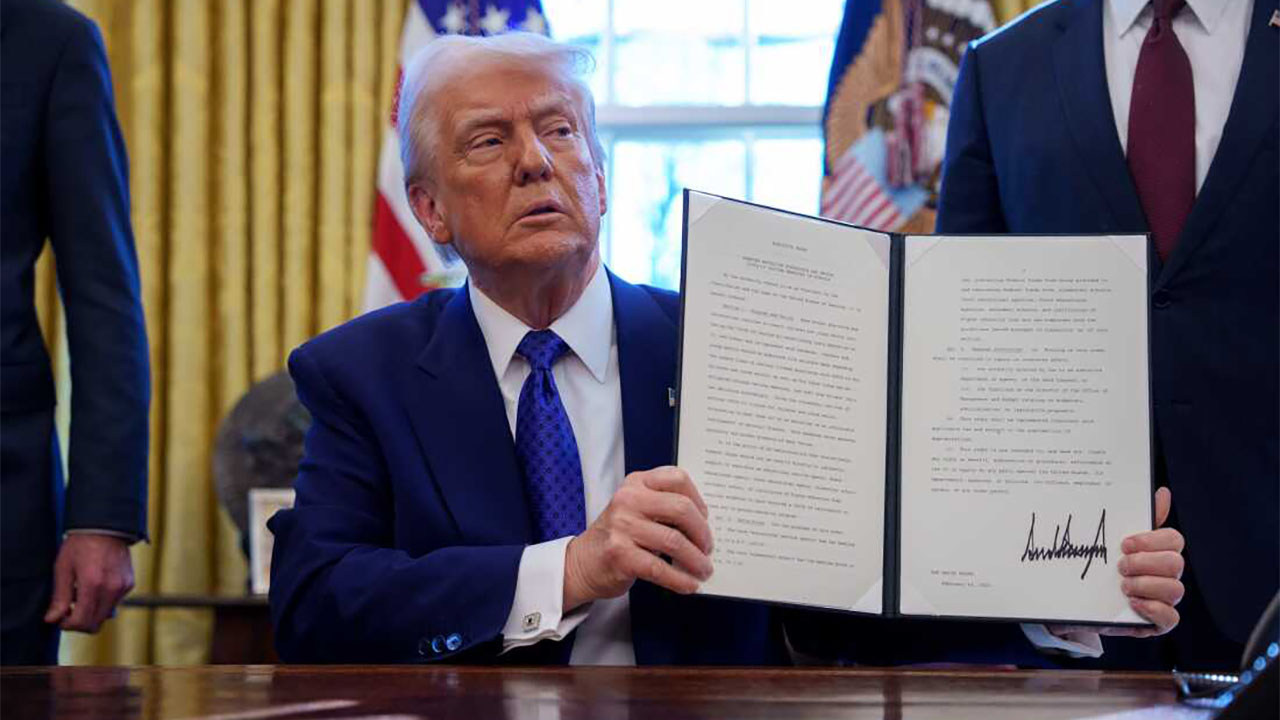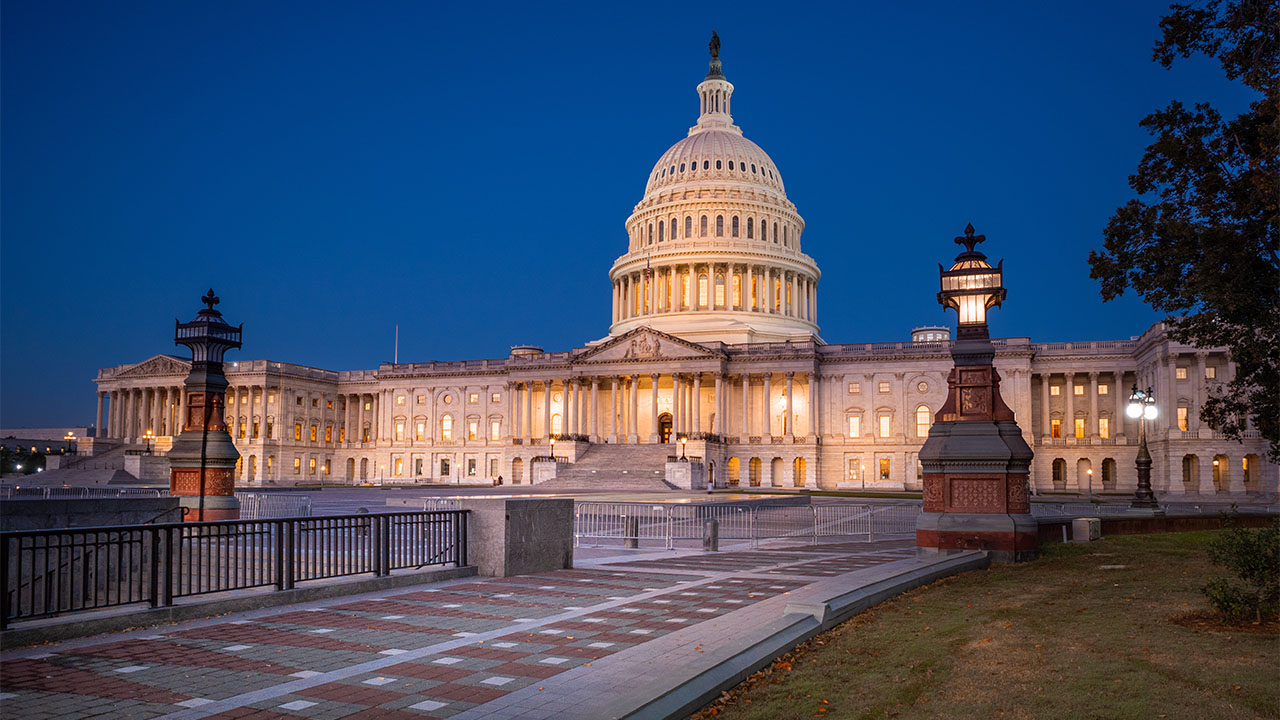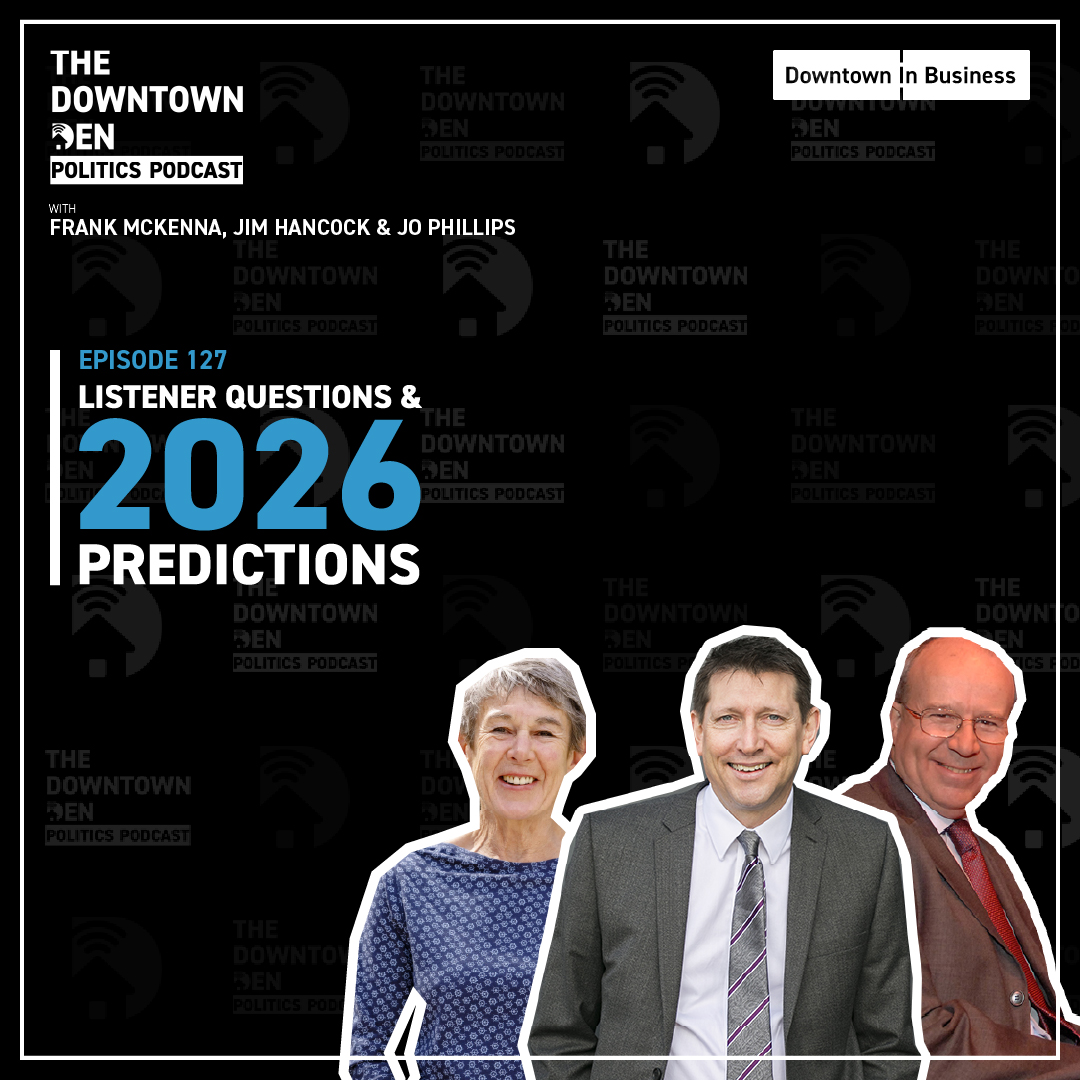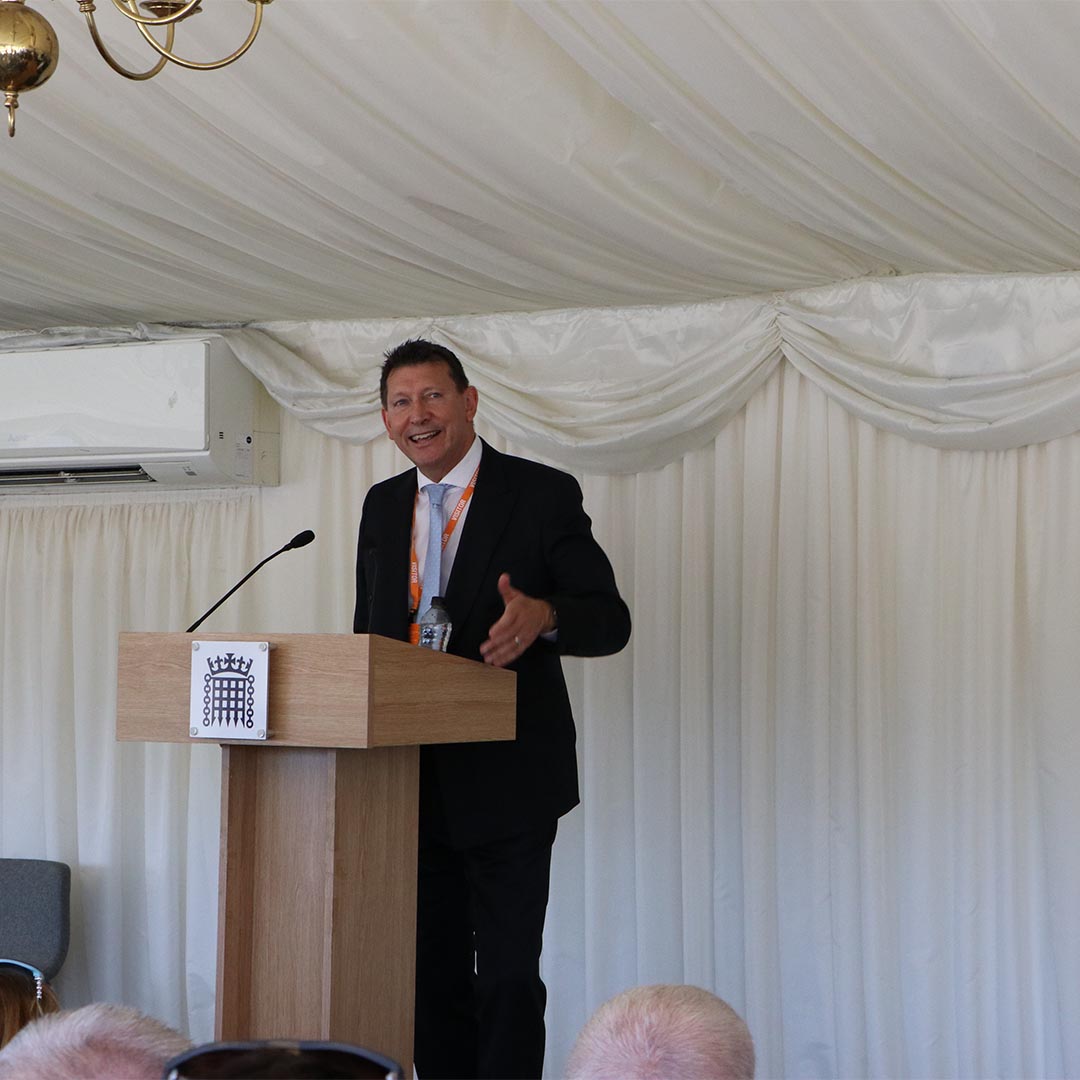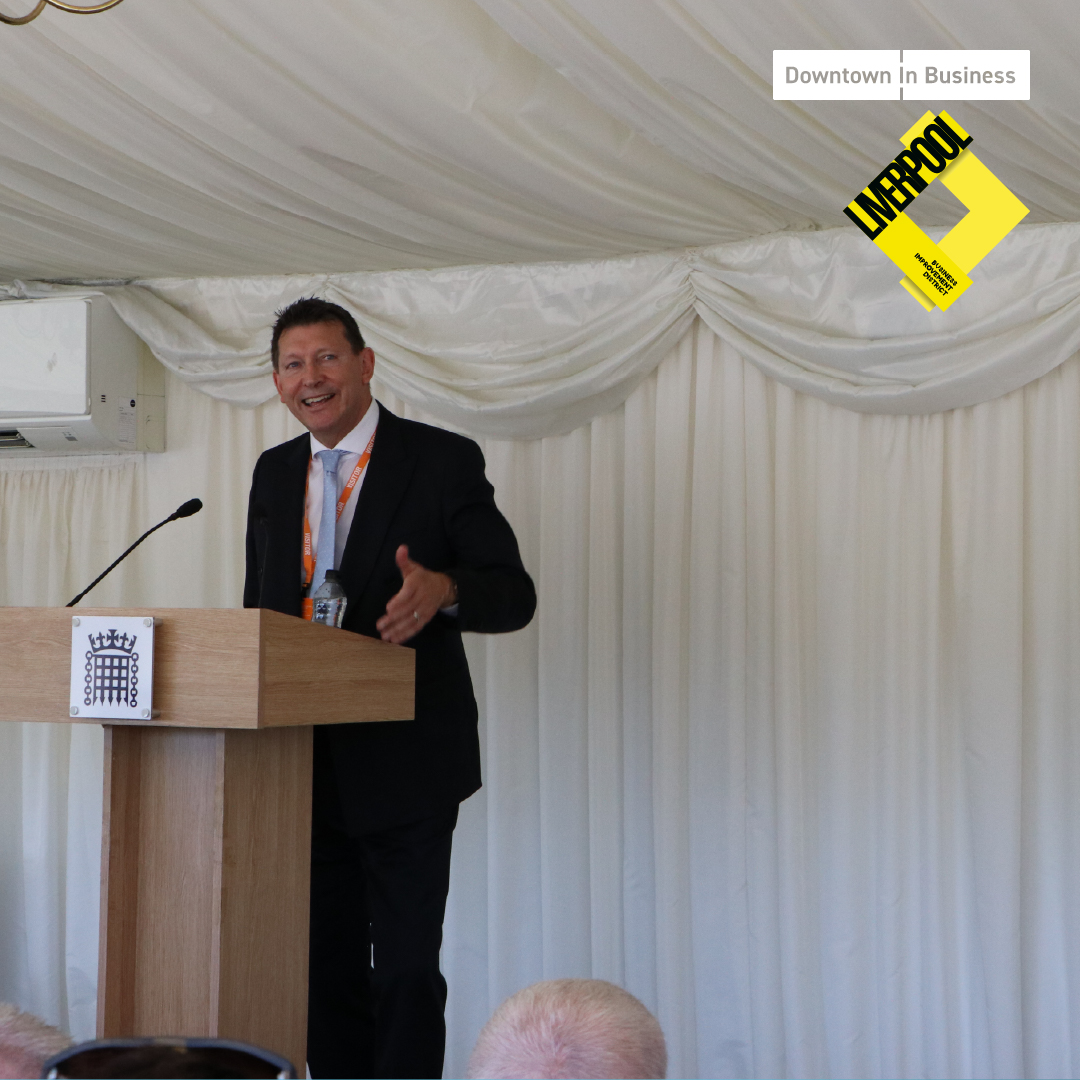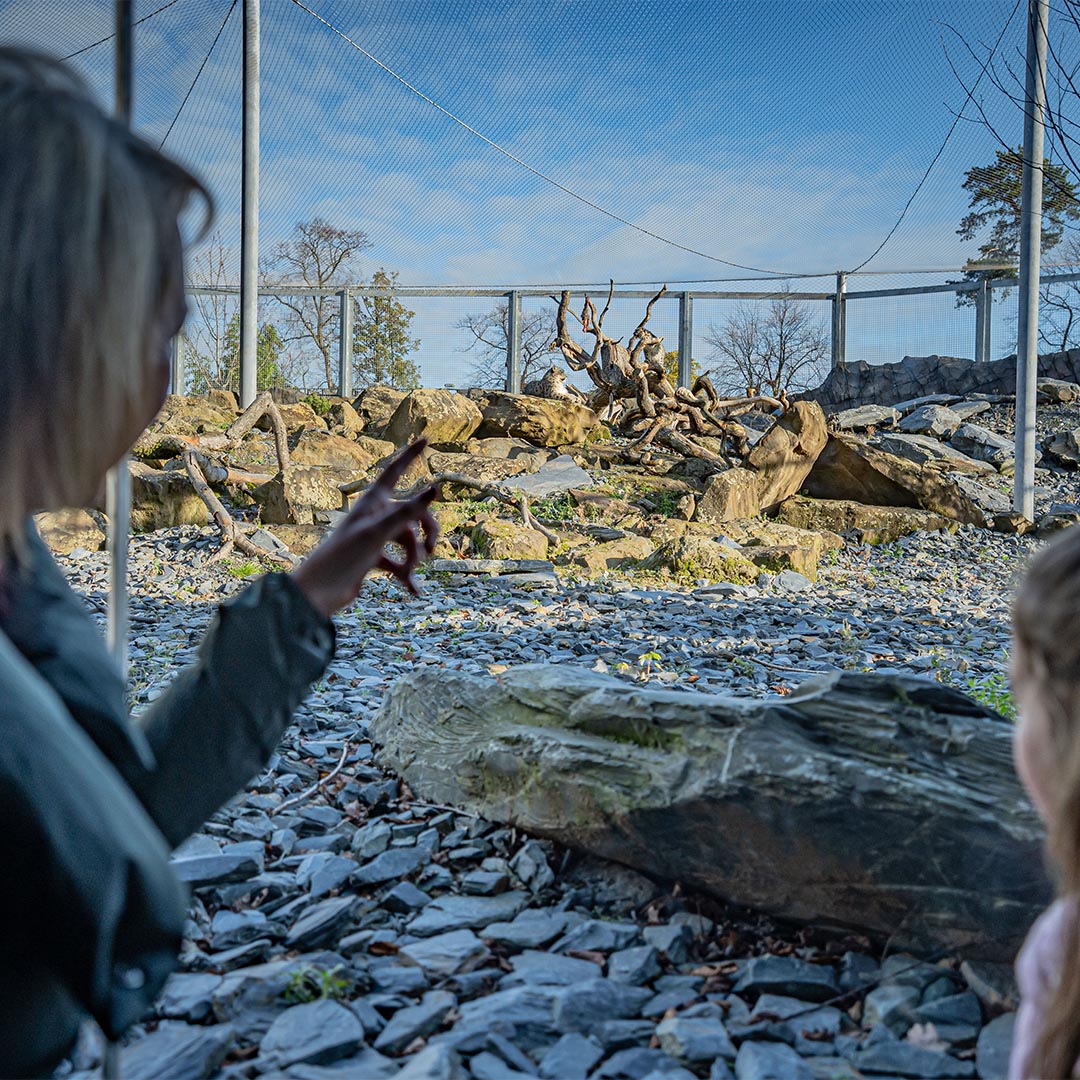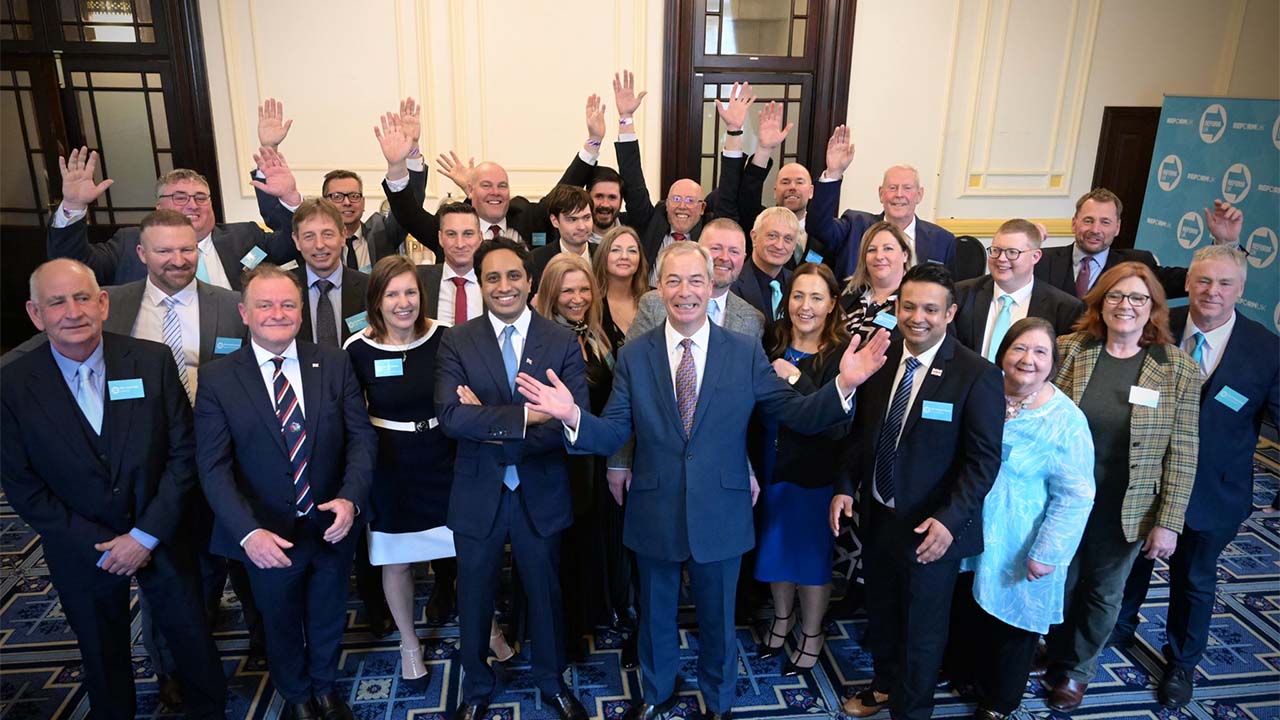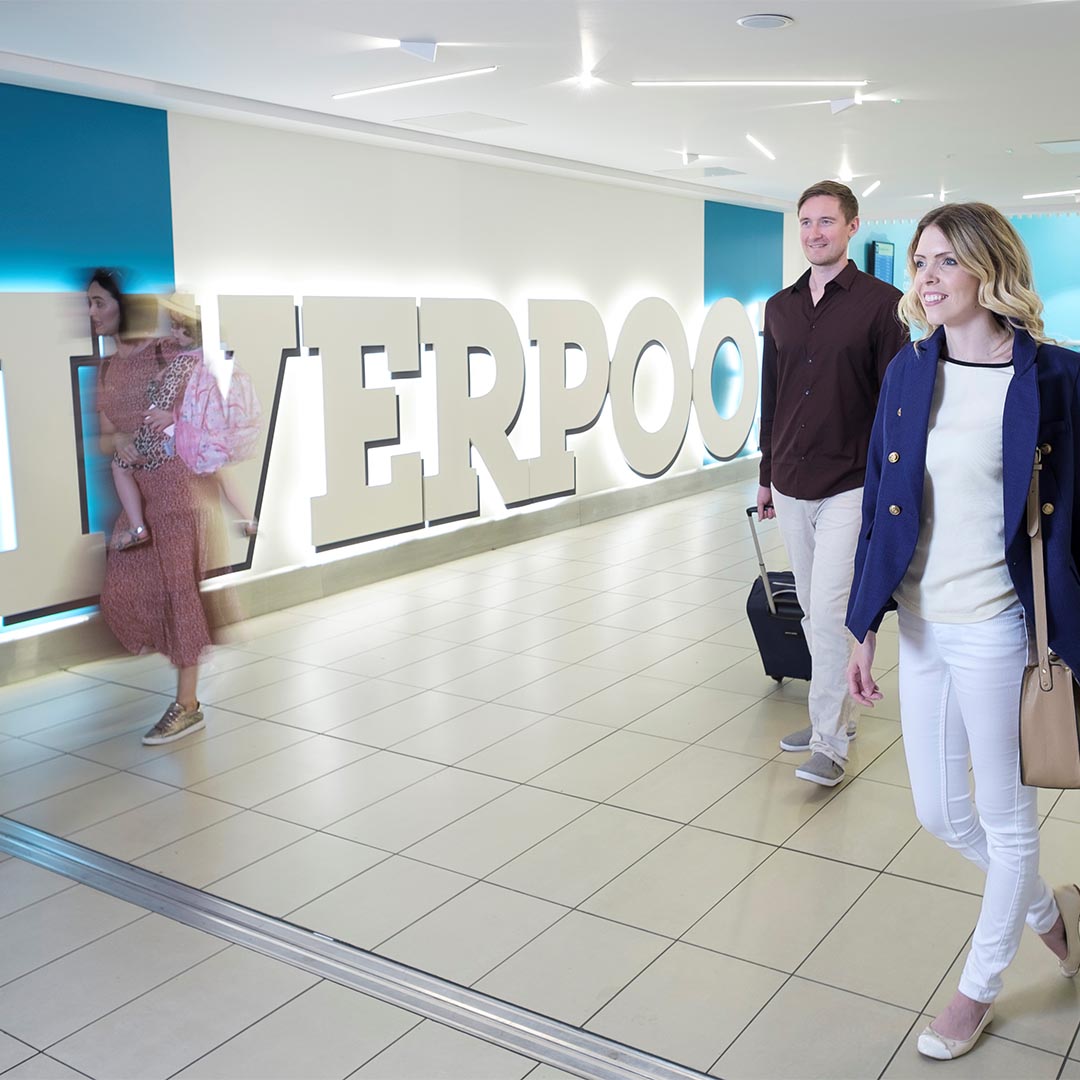Life for all Evertonians is a struggle. With noisy neighbours, decades-long disappointment, relegation woes and a soap opera playing out in the boardroom, it is difficult to see the bright side as the club prepares to move to a state-of-the-art new home on the Royal Blue Mersey.
As a brand and marketing consultant working in the trillion-dollar global sports economy it is especially painful. With the NFL season back underway, Messi strutting his stuff for Inter Miami in the MSL, and new money pouring into Cricket and Rugby ahead of their World Cup hosting responsibilities in the next few years, it’s hard to watch such a storied club fail to not only take advantage of the possibilities, but seemingly reject the realities required to even be a contender.
Everton appear stuck in the inertia of their past, at the expense of their future.
This week, Miami-based private investors 777 Partners were revealed as the latest party promising to turn the club’s fortunes around, but the response and reaction to this news has been luke-warm at best.
There are natural questions about 777’s ability to fund the deal and the required purchase of players, uncertainty about their motivations and modus operandi, and the suitability of their owners and senior executives will have to be investigated by the EPL.
But one thing is certain, they would want Everton – or any investment – to be successful, even if it is just so the value of their asset grows, and they can cash out in a few years’ time.
U.S. sports franchises – their name for the business of sport – are the most successful and valuable in the World. But the scale of their success – and the gap to others – will come as a surprise to many.
Manchester City – by far the most successful football club on the field for the past few seasons – is also the 2nd biggest generator of revenue of all sports teams in the World, behind only the Dallas Cowboys.
But top line revenue isn’t bottom line profit – and that’s where the story gets interesting.
City’s profit in 2021/22 season after buying and selling players was $59million. But the least profitable team in the NFL – Buffalo Bills – raked in $65million profit. In fact, all 20 NFL teams eclipsed City’s profits, with the Cowboys topping the pile by banking $460million.
In contrast, only 7 English Premier League teams made a profit, with giants like Chelsea and Manchester United making losses in excess of $100million each. “Hold my beer”, said Everton as it lost $120million last year.
This earning power translates to valuation of course, and the latest rankings see US sports teams, especially those in the NFL, dominate.
So, if you are a wealthy investor looking to own a sports franchise, buying into the NFL may be out of reach. Having scanned MLB, NBA and NHL, their advisors will point to the much more manageable multiples of earnings required to get hold of an English Premier League side.
Shockingly for the traditionalists, it’s not the School of Science, Dixie Dean’s record goal haul, or the pre-match lunch in the Alex Young Suite that attracts them – it is the potential to drive more revenue and retain greater profit which may see Everton become the 11th of the 20 EPL teams to have American owners.
Those American sports business investors look at the world’s most popular game and see the revenues it command are strong, largely because of the mega-media rights deal it recently brokered.
But they also see untapped opportunities to better develop the brands, make huge commercial strides, and tap currently under-utilised assets. They look on with bewilderment at the unavailability of shirts and souvenirs because of supply chain failures, the difficulty for fans in buying tickets, the lack of adjacent products and upgrades, the stadium sitting empty for 13 days a fortnight, and with a worldwide fan base, a good narrative, and a new ground coming at Everton, they rightly believe they can do better.
But it will require change, starting at the top.
Today, successful sports clubs are run by experienced teams of financial, legal and contract experts, supported by commercial partnerships, complex broadcast deals, media rights strategies and driven by brand development professionals. Fans are customers, experiences are monetised, resources are traded, and clubs are global brands with commercial value.
Like all football fans, Evertonians will have a tough decision to make also.
Do we want to stand still, looking over our shoulders, reminiscing about past glories, measuring income in match-day takings, programme sales and how many pies are consumed at half time? – or do we want to regain Monday morning bragging rights, be scouring websites for cheap mid-week flights to central Europe and the Iberian Peninsula, and enjoy the football in the new stadium.
If the latter, fans will have to accept It is now a multi-billion-dollar global business and the space for those who aren’t fully prepared to compete is diminishing by the season. The European Super League idea will return in one form or another, global TV and broadcast rights will be shared amongst those who compete, the Saudi League and new ventures in Africa and Brazil will attract the attention, loyalty and investment of billions of new fans around the World.
Clubs are already seen as brands. Get used to them being used as vehicles to sell products, extending brand loyalty to the car you drive, the vacation you take, the phone contract you sign, the bank you do business with. Football franchises and their brands will be managed with the care and dedication, expertise and professionalism of Apple, Amazon, Microsoft, Google and Coca Cola which are all carefully curated, skilfully positioned, and resolutely defended.
But it will also require change to the game.
The reason football clubs suffer such huge losses is they don’t have adequate control over salaries and, while Financial Fair Play was meant to address the issue of living within your means, there isn’t a level playing field.
Conference after conference, podcast after podcast, I hear senior figures in football calling for change. UEFA President Aleksander Ceferin told U.S. podcast Men in Blazers: “We will have to seriously look at a salary cap”, and he wants to introduce it “as soon as possible”.
This will be music to the ears of the EPL’s majority group of U.S. owners.
As would the idea of a closed league, like the one floated in the initial European Super League discussions. When American investors are looking at their sport portfolio, they blanch at the idea their team – and investment – could be removed from the league for a season of poor performance. Teams like the Browns, Bengals, Bills and Jets are habitual underperformers but the threat of being pushed out to a junior farm league doesn’t exist, nor would it interfere with their long-term ability to make money and find new revenue.
And even if the league remains open, new thinking can turn it to an advantage.
Here in the U.S., the alien relegation/promotion phenomenon is the fuel to the Wrexham story.
The idea that a small Welsh mining town could perhaps one day play Liverpool and Man United is a romantic fool’s dream, but it has been carefully crafted and commercialised into something which compels dozens of my friends and colleagues to add it to their ‘bucket list’ of things to do when flying over the pond.
Clubs like Everton are at a point of no return. They have a proud history. They are now competing on the global stage for investment dollars, eyeballs and share of wallets, seeking commercial partnerships which will deliver growth and are seeking relevance in an increasingly niche, digital and temporary world. No TikTok, no future.
While this latest attempt to buy a founding member of the Football League and a Premier League ever-present may or may not occur, the club and its supporters would benefit from embracing the changes to how it operates and the experiences it provides sooner rather than later – because no-one is looking to buy Championship clubs.



